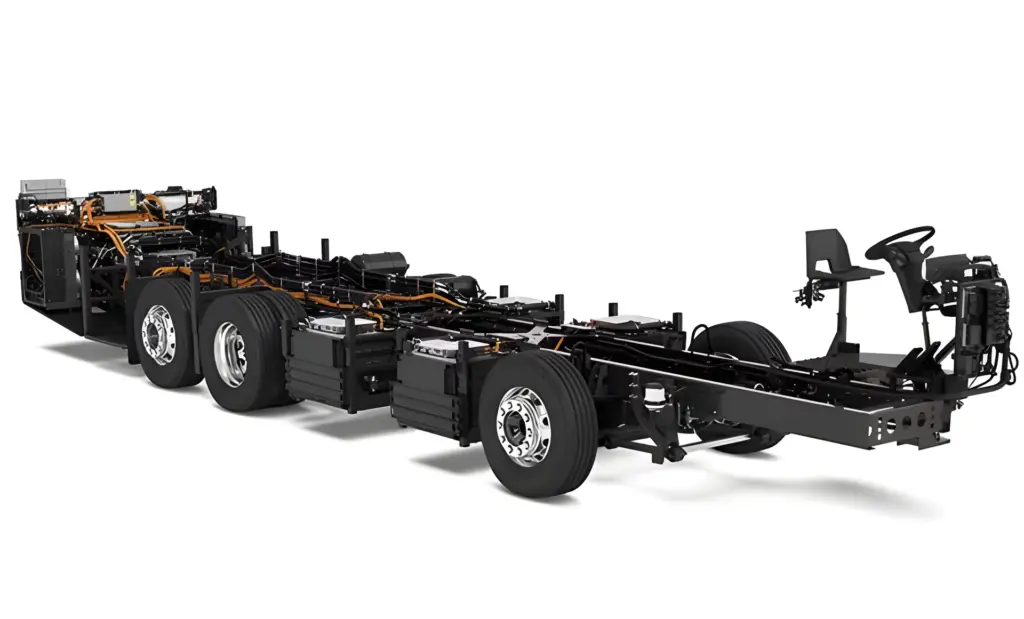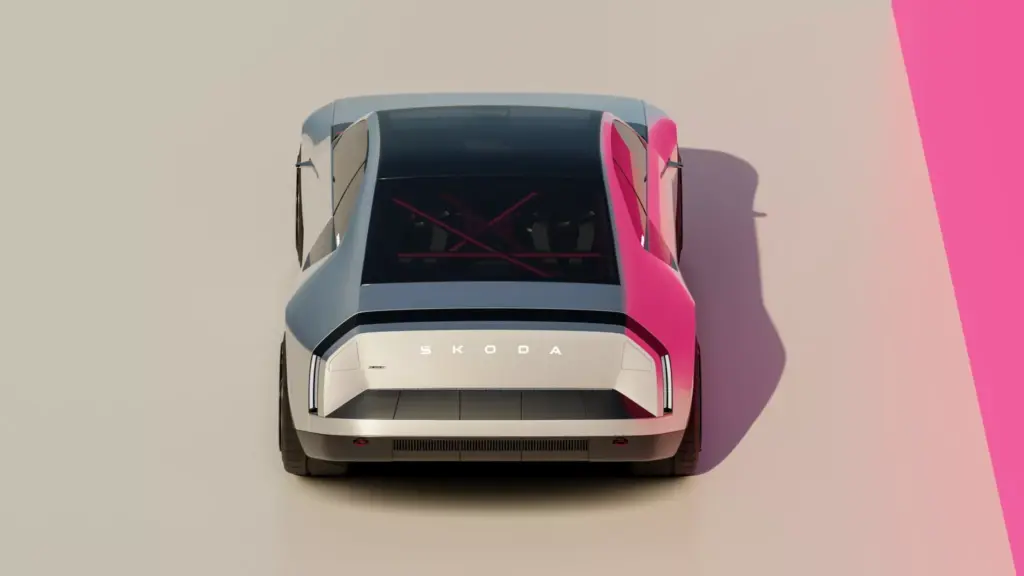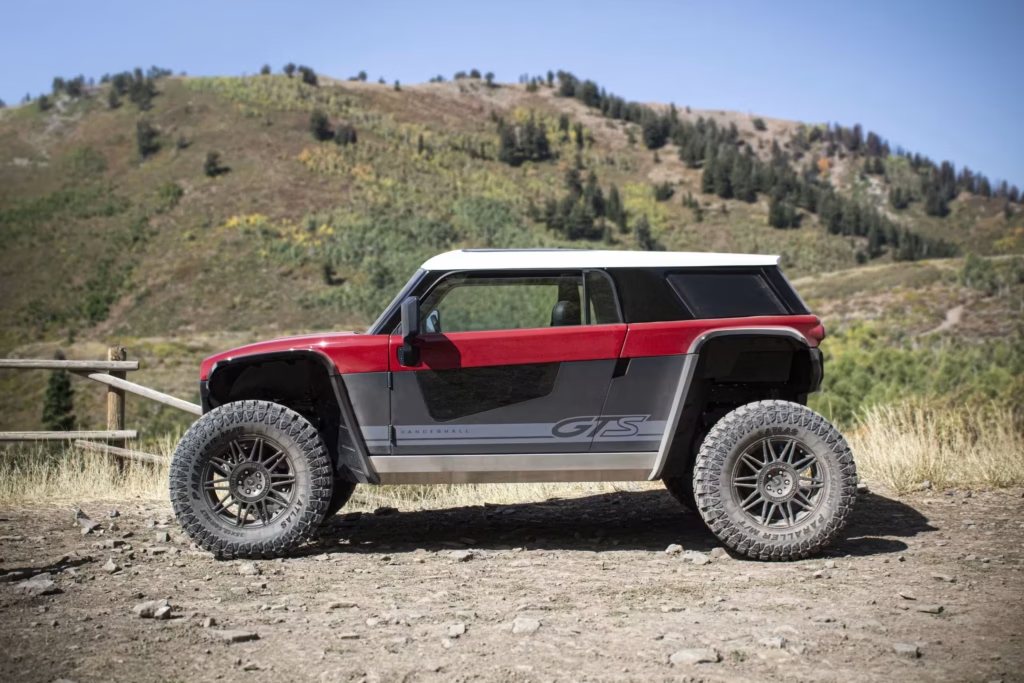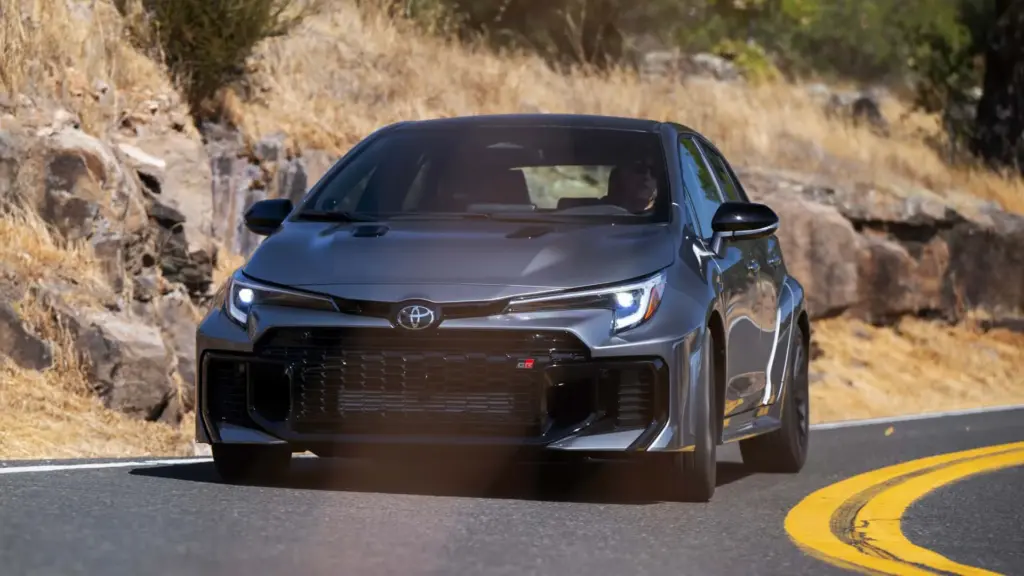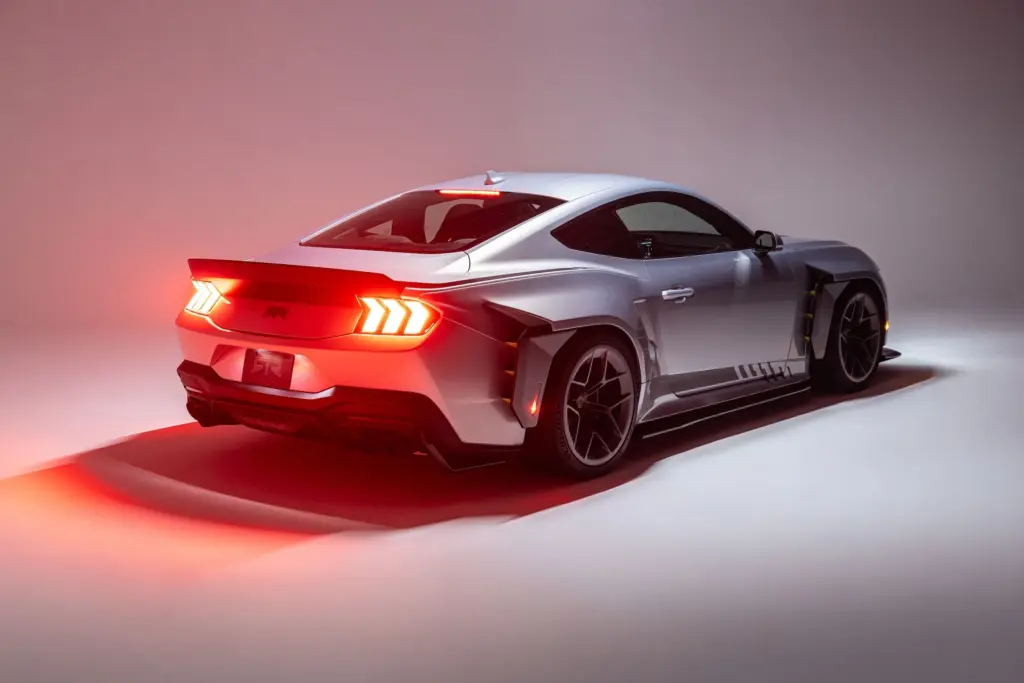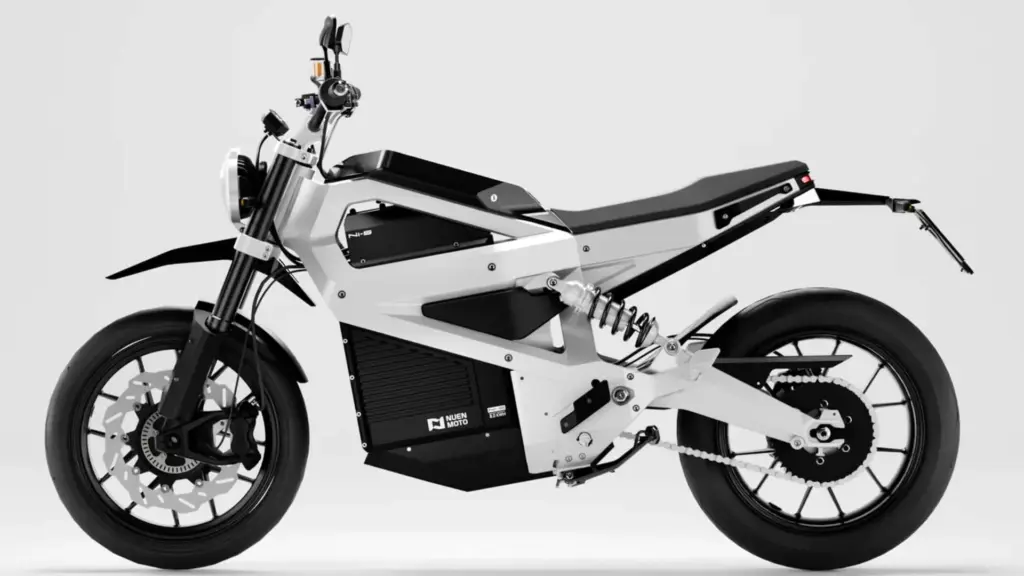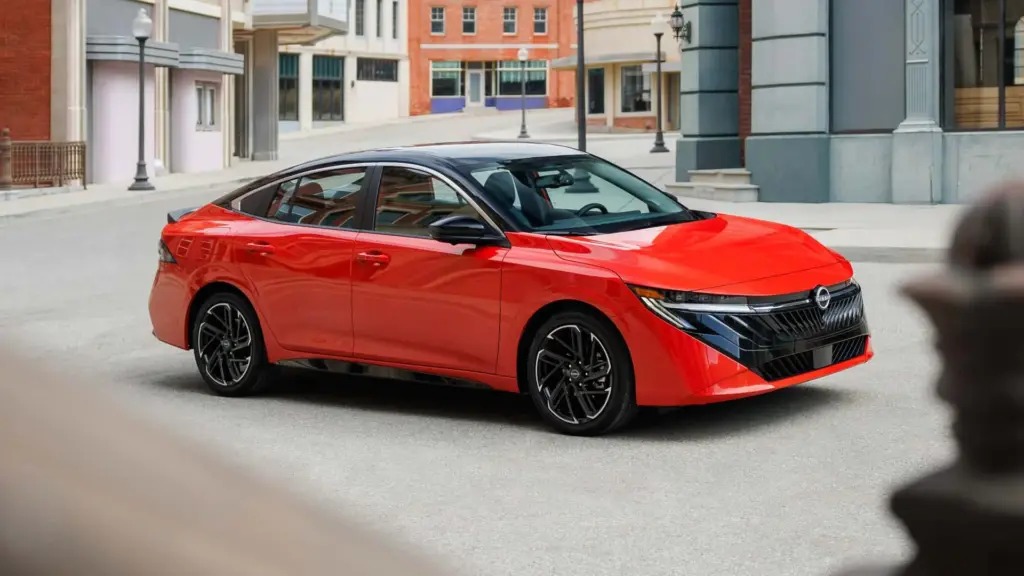Battery durability is undoubtedly one of the biggest concerns when thinking about electric vehicles (EVs). Stories about exorbitant replacement costs can be frightening, but a case in South Korea involving a Hyundai Ioniq 5 might just put our minds (and wallets) at ease.
The Incredible Journey of an Ioniq 5
Meet Lee Young-Heum, a traveling salesman from South Korea who turned his Hyundai Ioniq 5 into a true road warrior. In just 2 years and 9 months, he accumulated an impressive 360,395 miles on his electric vehicle’s odometer. That mileage, greater than the distance from Earth to the Moon, even caught the attention of the Hyundai-Kia Research Institute.

The automaker, always interested in real-world durability data, saw Lee’s car as a golden opportunity. Even though he hadn’t reported significant issues, Hyundai offered a free replacement of the battery and motor to study the used components and compare them with their durability prediction models, as mentioned by Hyundai’s Yoon Dal-Young and reported by Carscoops.
Battery Health: A Surprising Result
The real magic happened during the analysis of the original battery. After logging 360,395 miles, the battery’s State of Health (SoH) was still an impressive 87.7%! This is an extraordinary figure that challenges many pessimistic expectations about EV battery degradation—especially considering that Lee frequently used fast charging, which is known to be harder on batteries. Speaking of advances, new battery technologies promise even faster charging, but the longevity demonstrated here is noteworthy.
Hyundai typically uses taxis for these high-mileage studies, but Lee’s Ioniq 5 surpassed any other vehicle of the same model they had previously analyzed. This partly validates the durability models developed by the manufacturer, showing that the technology can indeed withstand heavy usage.
Savings That Bring a Smile: Fuel and Maintenance
The financial benefits of driving so far with an EV became clear. Upon reaching 410,105 miles, Hyundai estimated that Lee saved an impressive $21,530 (approximately ₩30 million) just on “refueling” costs (or recharging, in this case) compared to what he would have spent driving the same distance in a gasoline-powered Hyundai Tucson 1.6 turbo. Such real savings strengthen the appeal of Hyundai’s EV lineup, including upcoming models like the Ioniq 9.
The savings didn’t stop with fuel. Lee reported that with his old combustion engine car, he needed an oil change every 15 days due to high mileage, in addition to continuously replacing engine and transmission components. With the Ioniq 5, he said he only replaced the “most basic consumables.” Hyundai calculated maintenance costs for a Tucson at the same mileage would be between $8,612 and $9,330, while for the Ioniq 5, the estimated cost was drastically lower: only $1,076. That’s a huge difference!
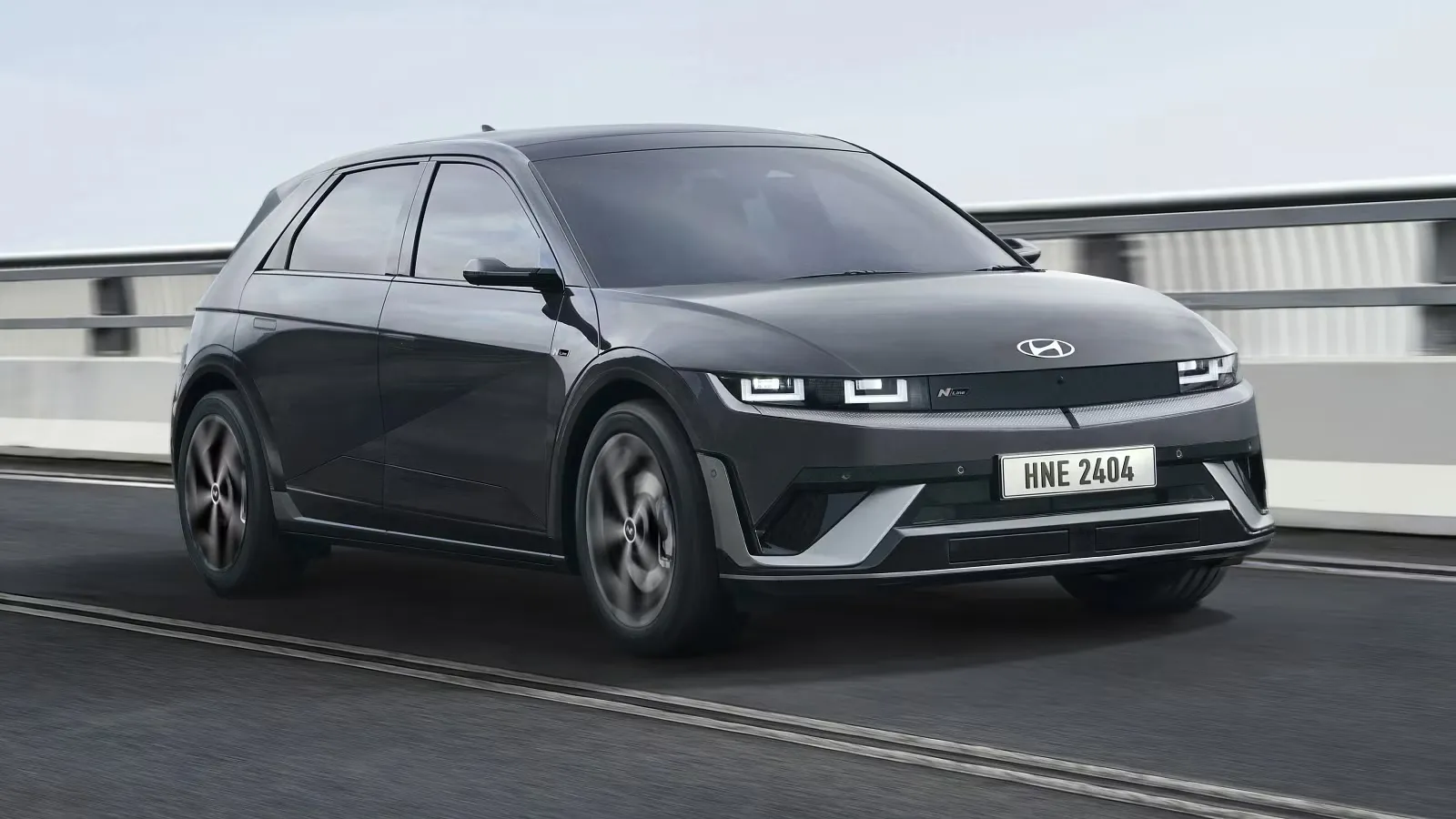
Ioniq 5 vs. Tucson: Cost Comparison (Estimated at 410,105 miles)
| Item | Hyundai Ioniq 5 (Estimate) | Hyundai Tucson 1.6T (Estimate) |
|---|---|---|
| “Fuel” Cost | ~$35,882 | ~$57,412 |
| Maintenance Cost | ~$1,076 | ~$8,612 – $9,330 |
| Total Savings (Ioniq 5) | ~$29,066 to $29,784 | – |
Reliability Beyond Expectations?
Despite the extreme mileage, Lee’s Ioniq 5 proved to be surprisingly reliable. Aside from replacing basic consumables, the car ran smoothly—testament to the engineering, perhaps comparable to the robustness expected from models like the 2025 Tesla Model Y. This contrasts sharply with the frequent engine and transmission repairs he faced with combustion vehicles.
The only notable issue arose around 403,891 miles, when the car stopped accepting slow charging. The diagnosis? The onboard charger (OBC) reached the end of its life and experienced a “natural death,” according to reports. This suggests that although the battery and main electric motor are robust, auxiliary components might have a defined lifespan—something to consider for ultra-high-mileage EVs.
Frequently Asked Questions (FAQ)
- Does the Ioniq 5 battery really last that long?
This specific case shows exceptional durability (87.7% SoH after 360,395 miles), but degradation varies with usage, climate, and charging habits. It’s a very positive sign for Hyundai’s technology. - Is the $21,500+ savings realistic?
Yes, Hyundai’s estimate compares electricity versus gasoline costs plus significantly lower maintenance for the EV over such extreme mileage. Actual savings depend on local fuel and electricity prices. - Did fast charging harm the battery?
While fast charging generates more heat and can theoretically speed degradation (according to Battery University), in this case, the impact appears minimal, with the battery retaining nearly 88% health. - Should I worry about replacing the Ioniq 5 battery?
This example suggests that for most users, the original battery will likely last many years and hundreds of thousands of miles. Replacement may not be an immediate concern for the average owner.
What Does This Mean for Future EV Owners?
This real-world case helps demystify one of the biggest fears of potential EV buyers: battery degradation and replacement costs. Seeing a heavily used electric car like this Ioniq 5 maintain so much capacity after driving a distance farther than to the Moon is a strong argument in favor of the technology, putting pressure on competitors, including giants like Tesla with its Semi and others.
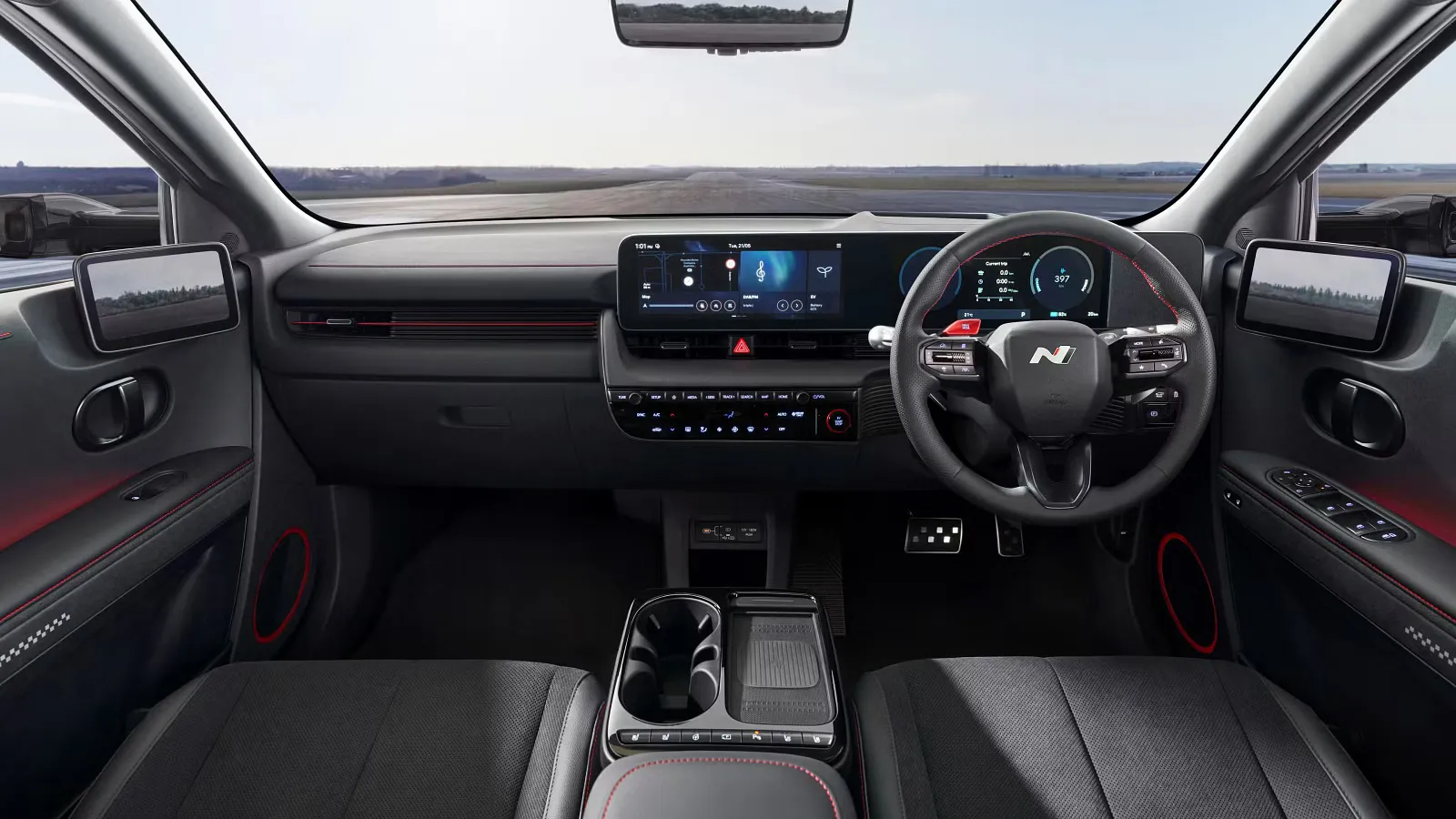
Of course, it’s just one example, but a powerful one. It demonstrates not only the potential longevity of modern batteries but also the substantial savings in fuel and maintenance that EVs can offer over the long run. Lee Young-Heum’s story serves as a beacon of optimism for the future of electric mobility.
It’s fascinating to see how electric vehicle technology is evolving and standing up to the test of time and heavy use. This Ioniq 5 isn’t just a high-mileage car; it’s living proof that EVs can be durable and economical daily drivers, even for those who rack up the miles. The issue of “range anxiety” might start giving way to “confidence in longevity.”
What do you think about this incredible mileage milestone and battery health? Do you believe it changes perceptions about the durability of electric cars? Share your thoughts in the comments below!

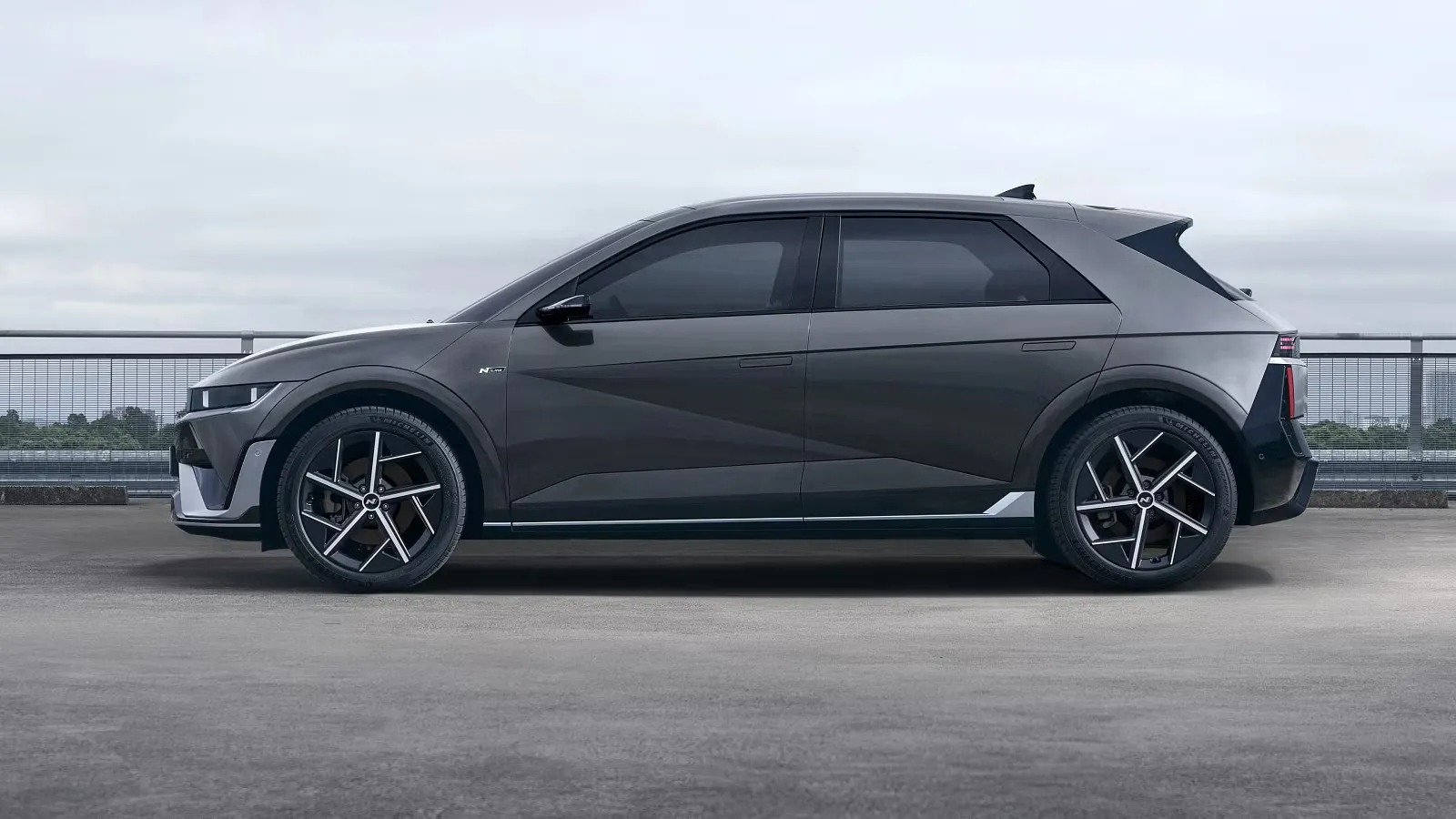
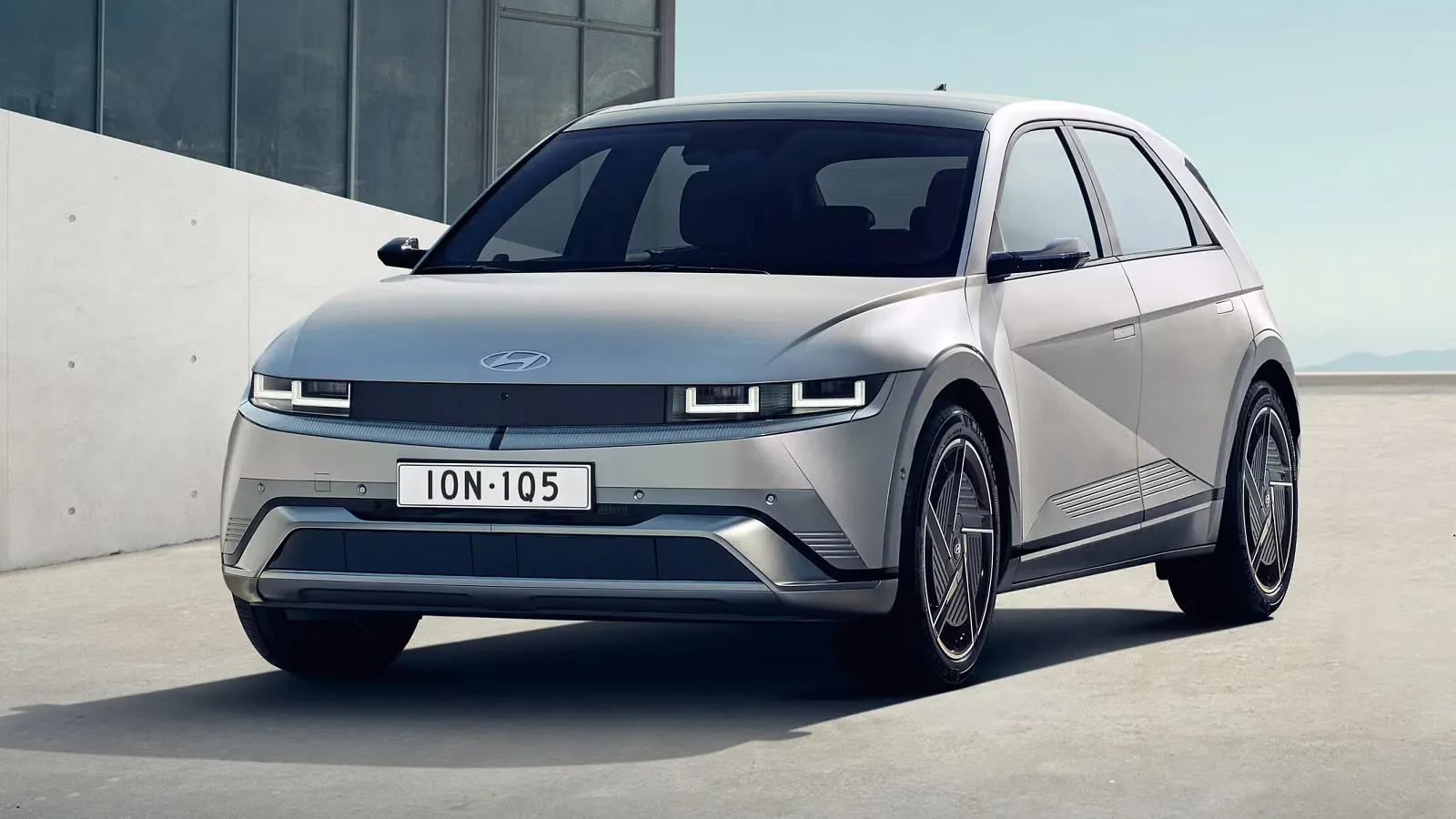

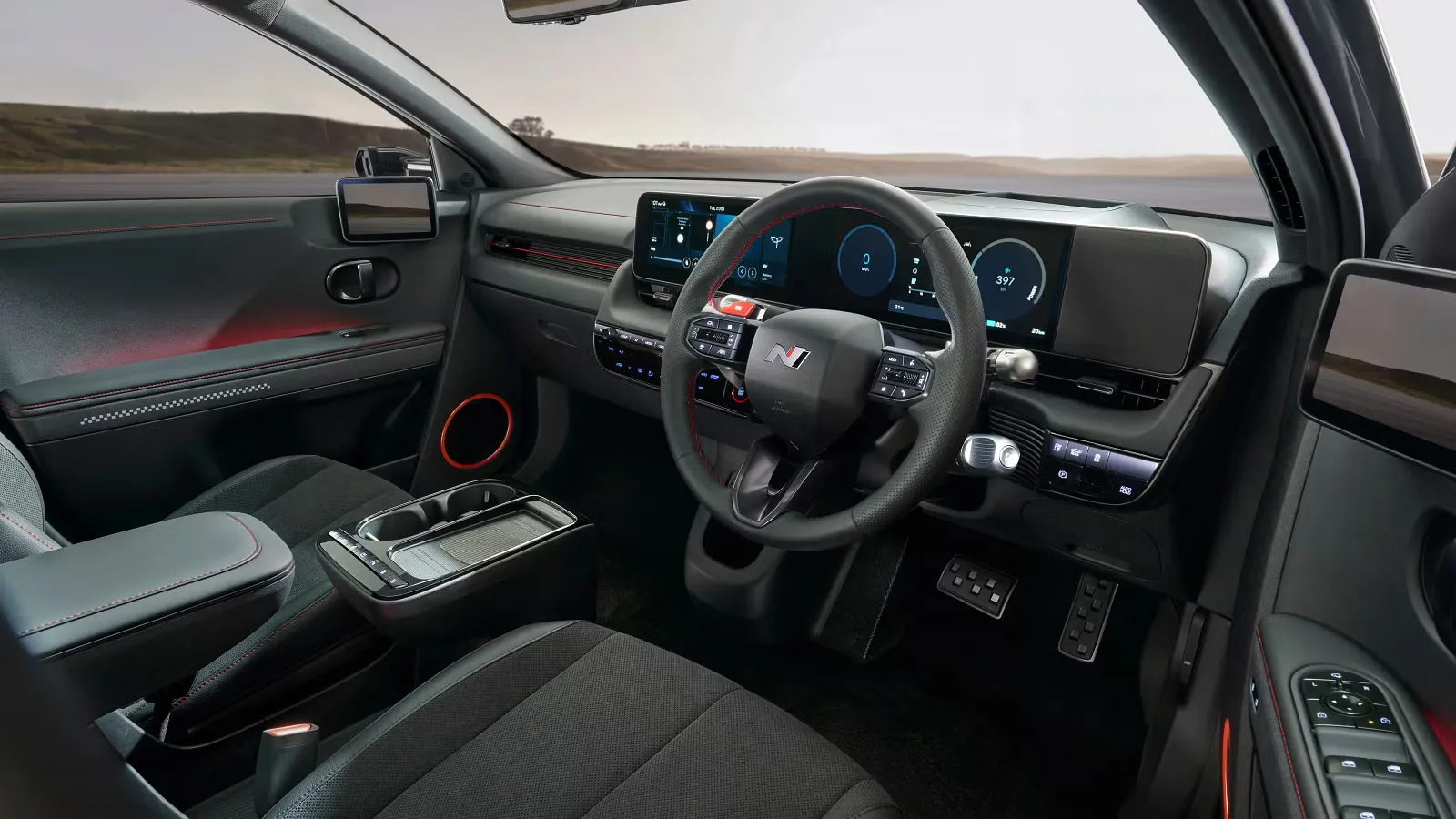
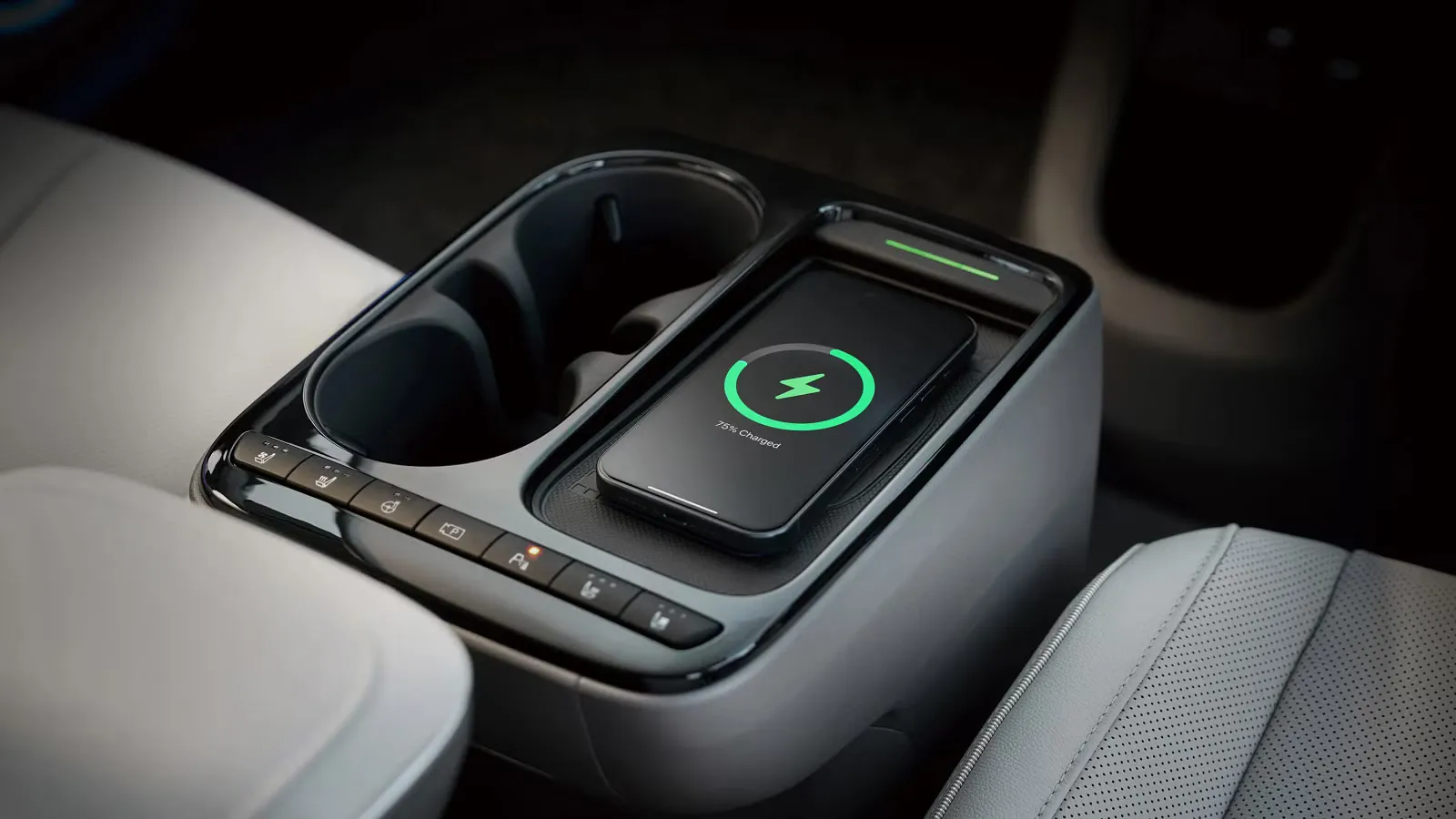
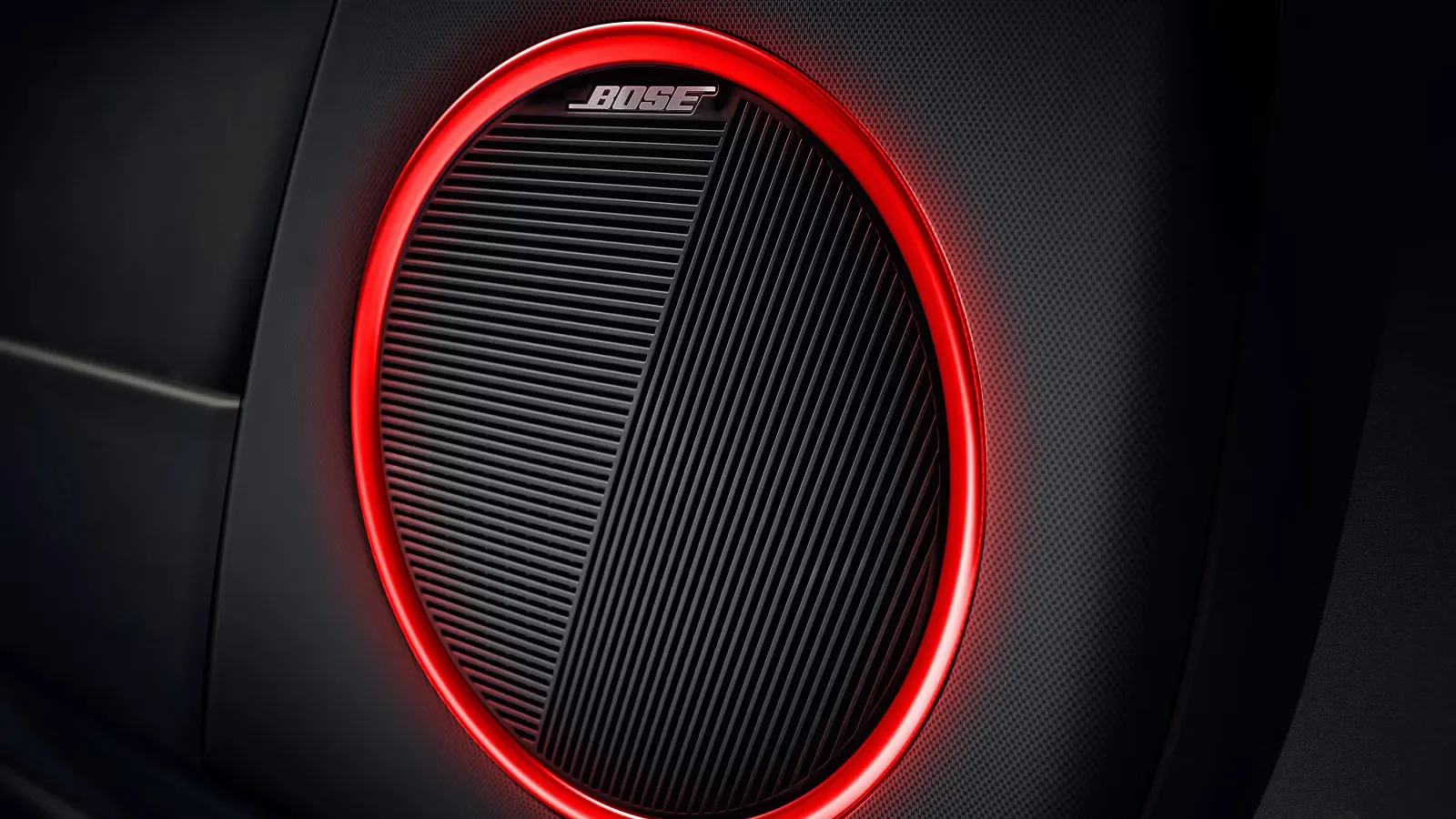
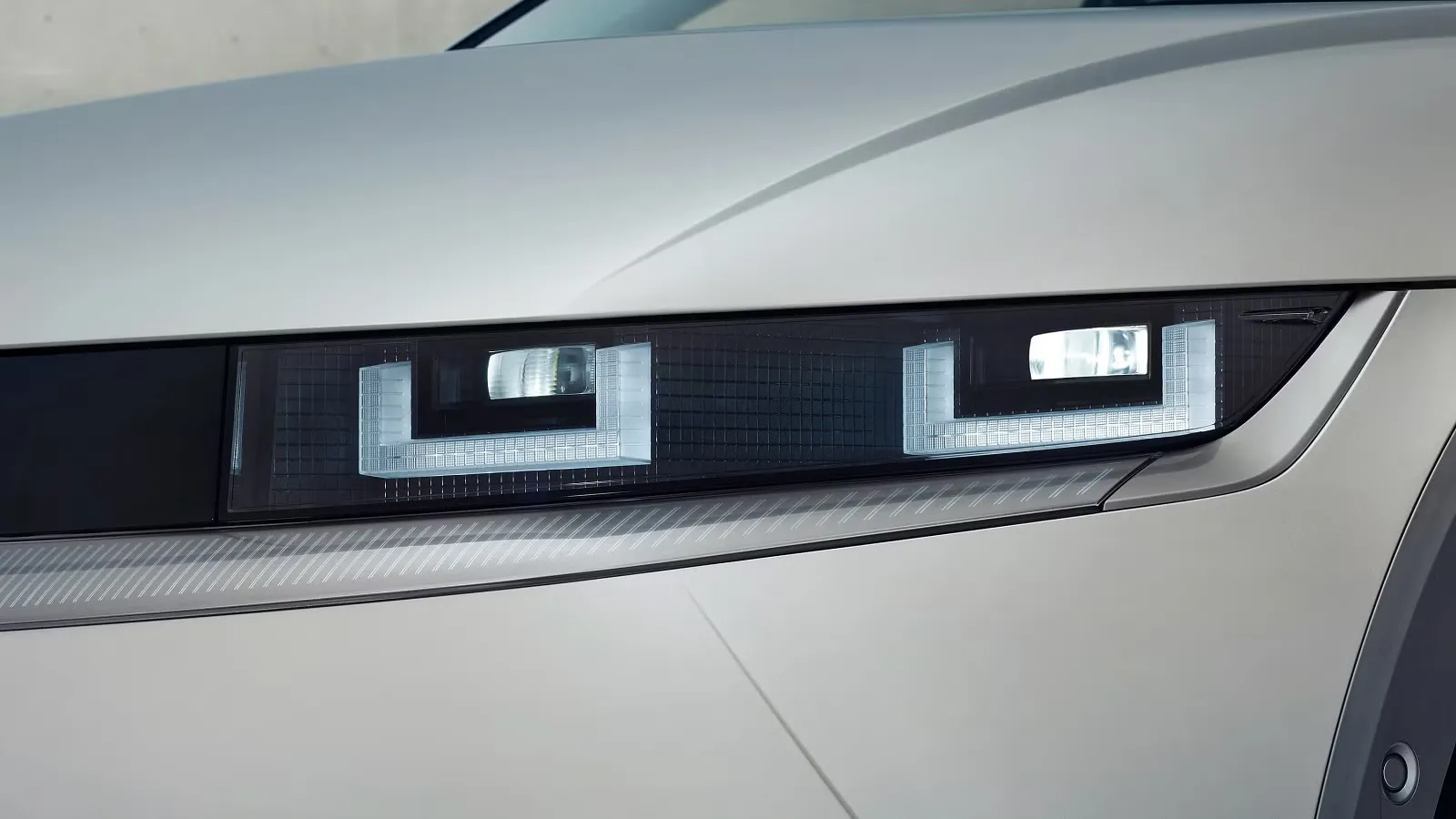
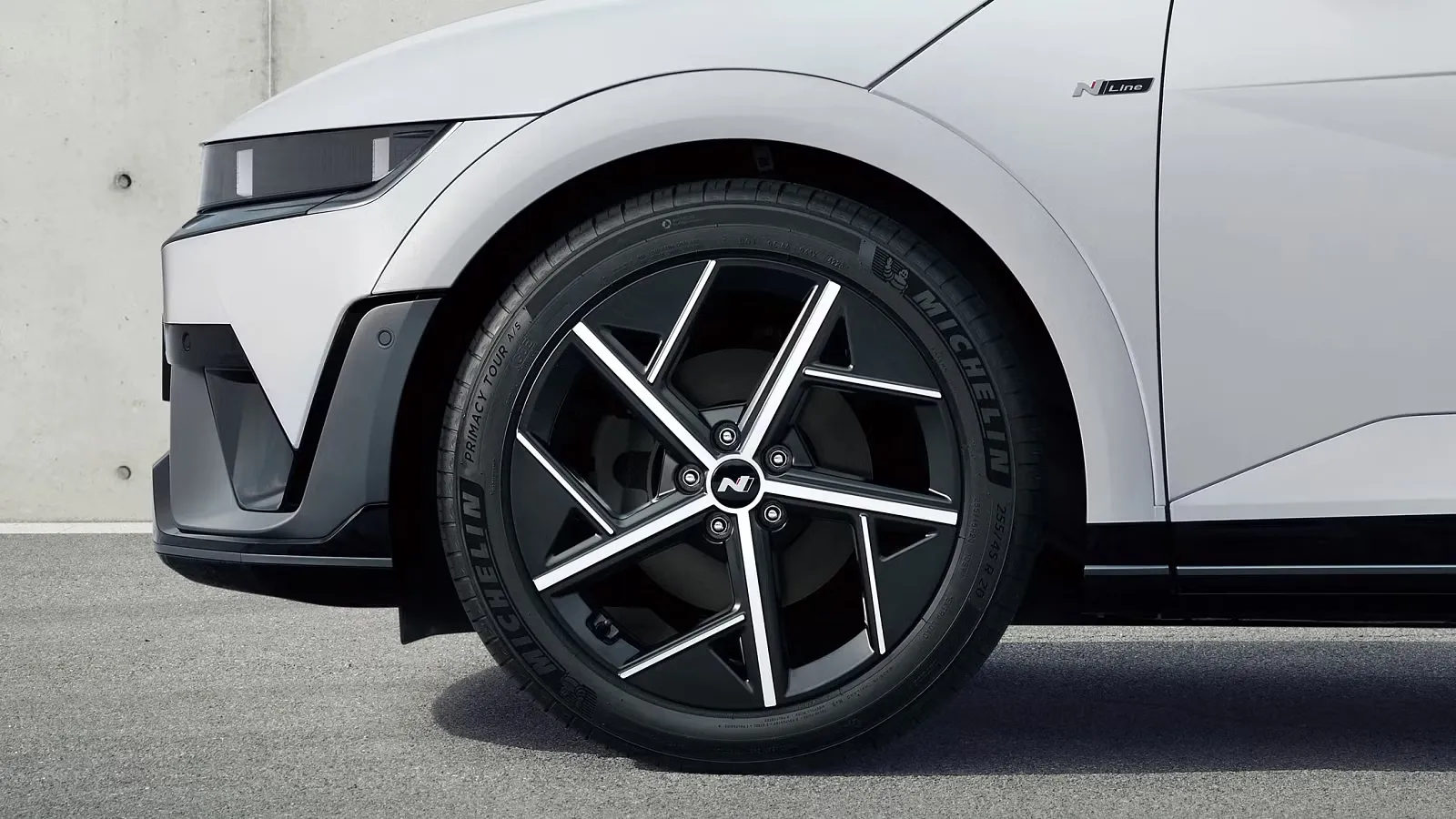
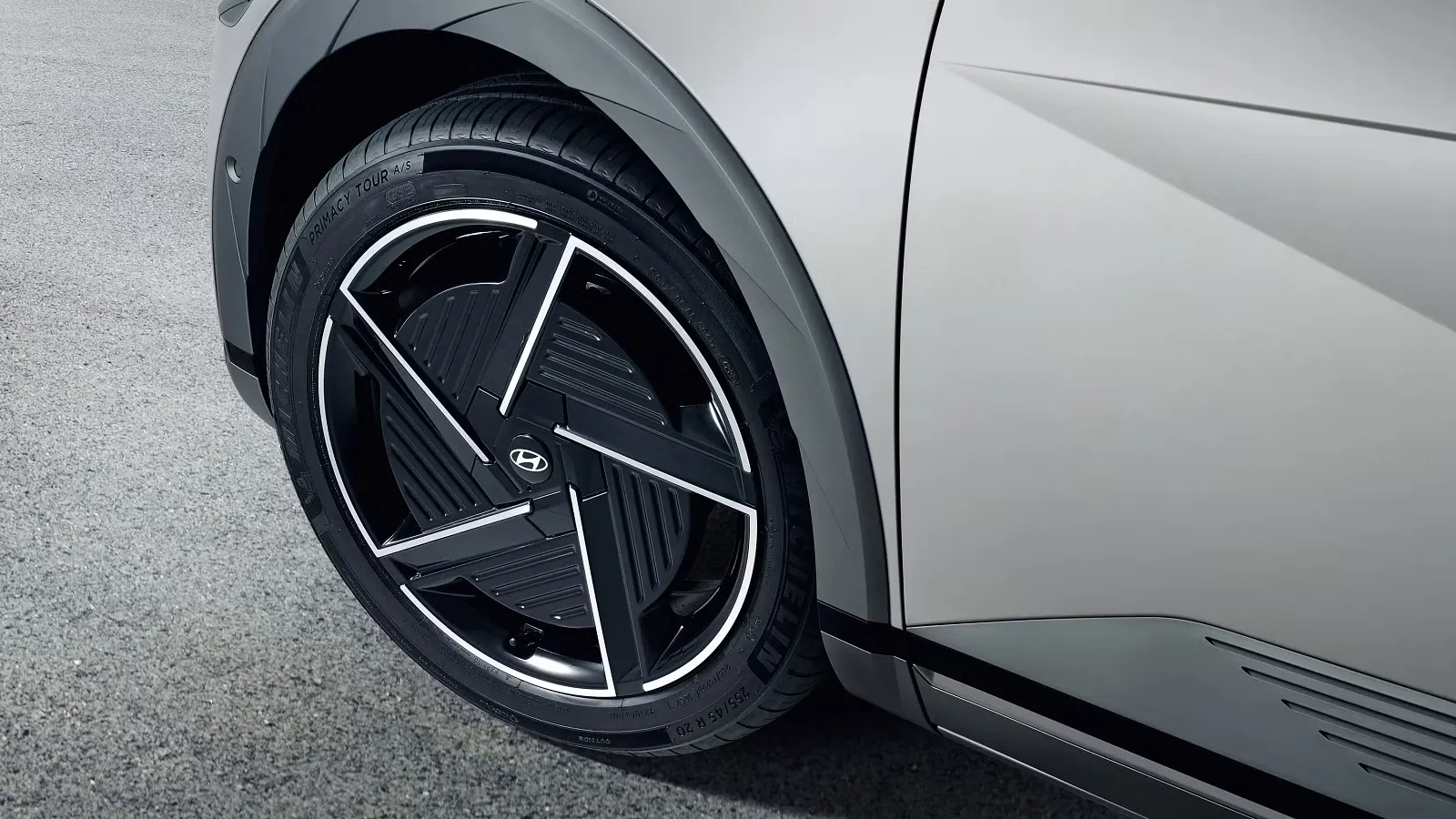
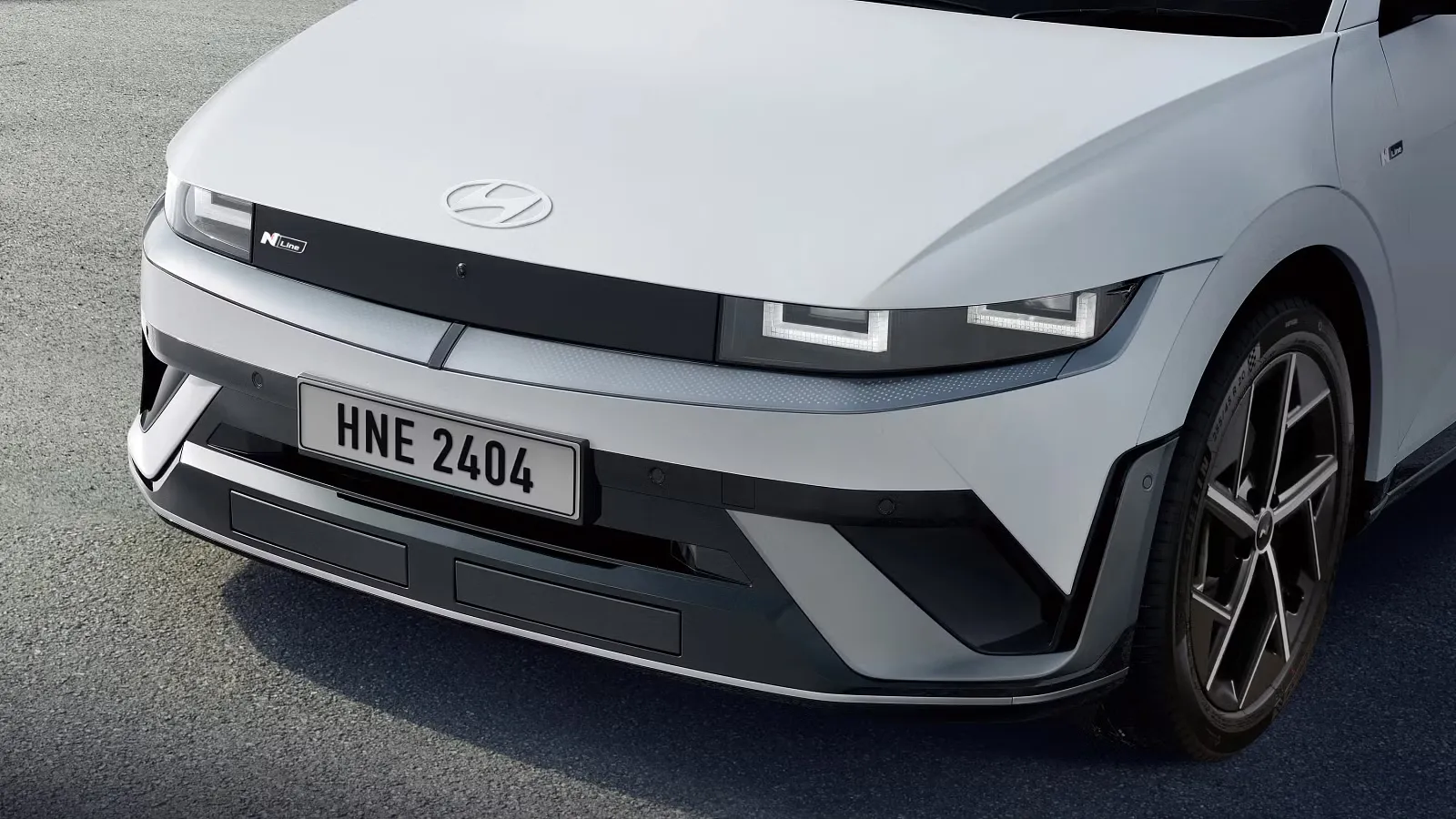
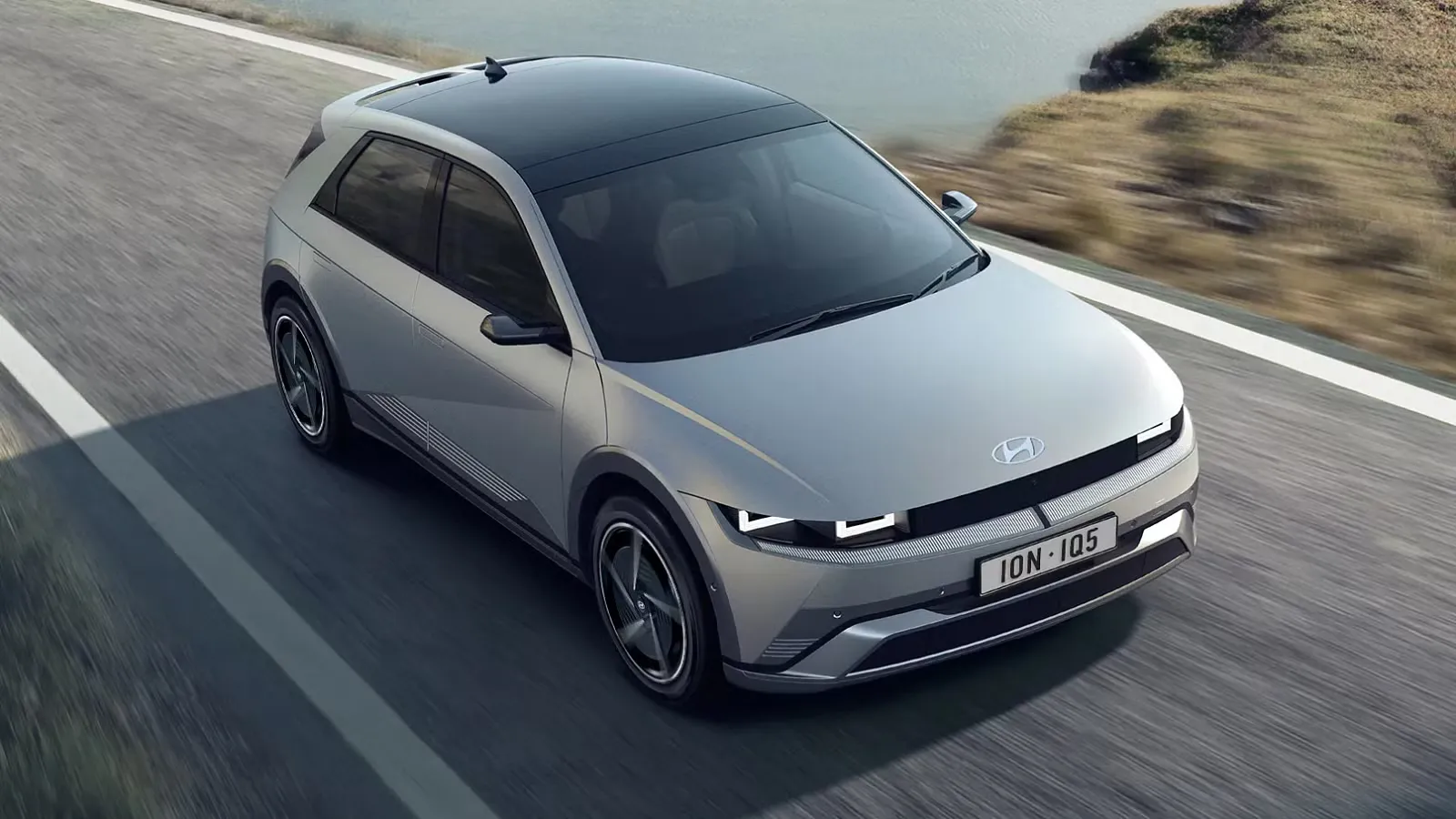
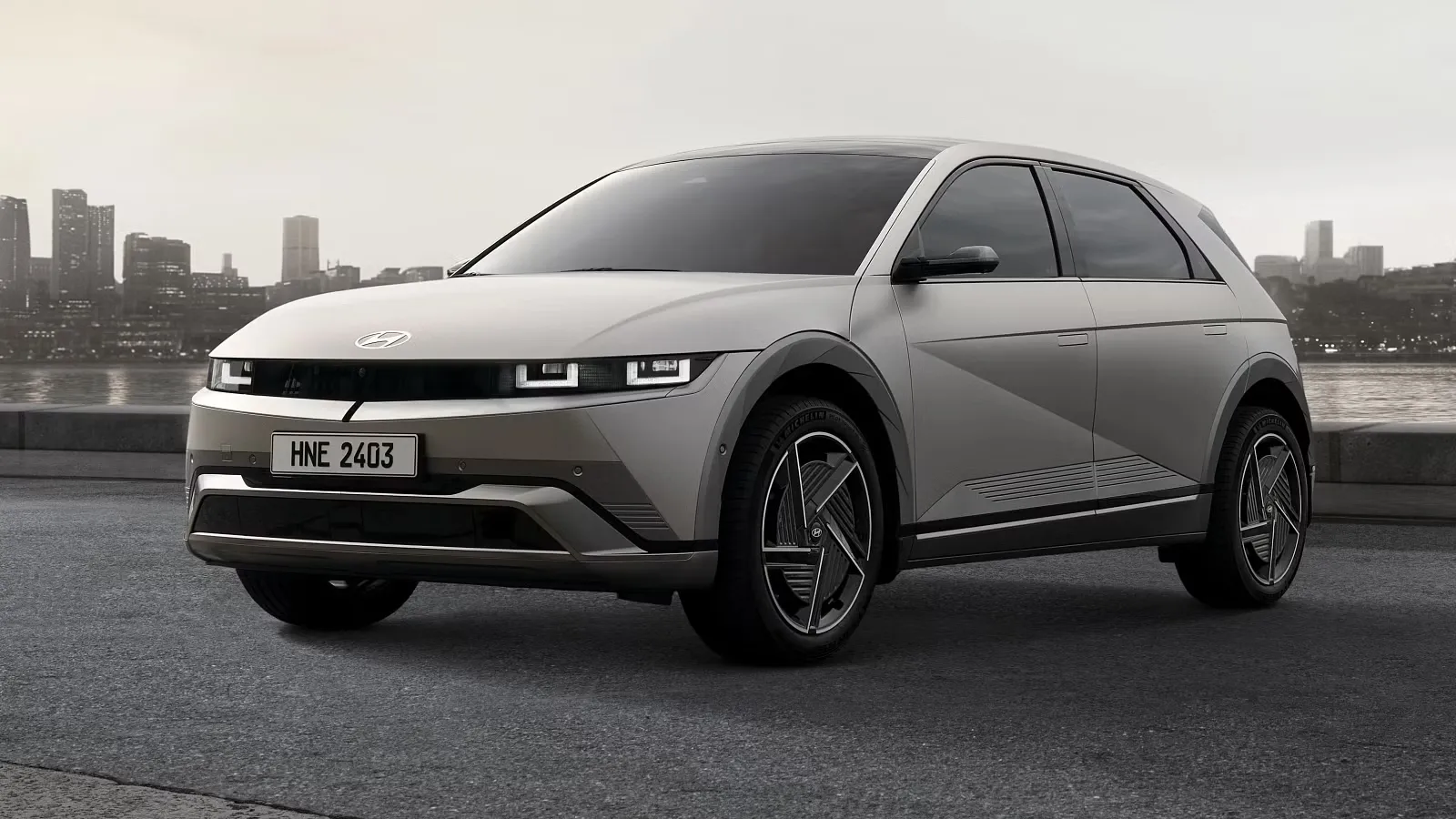
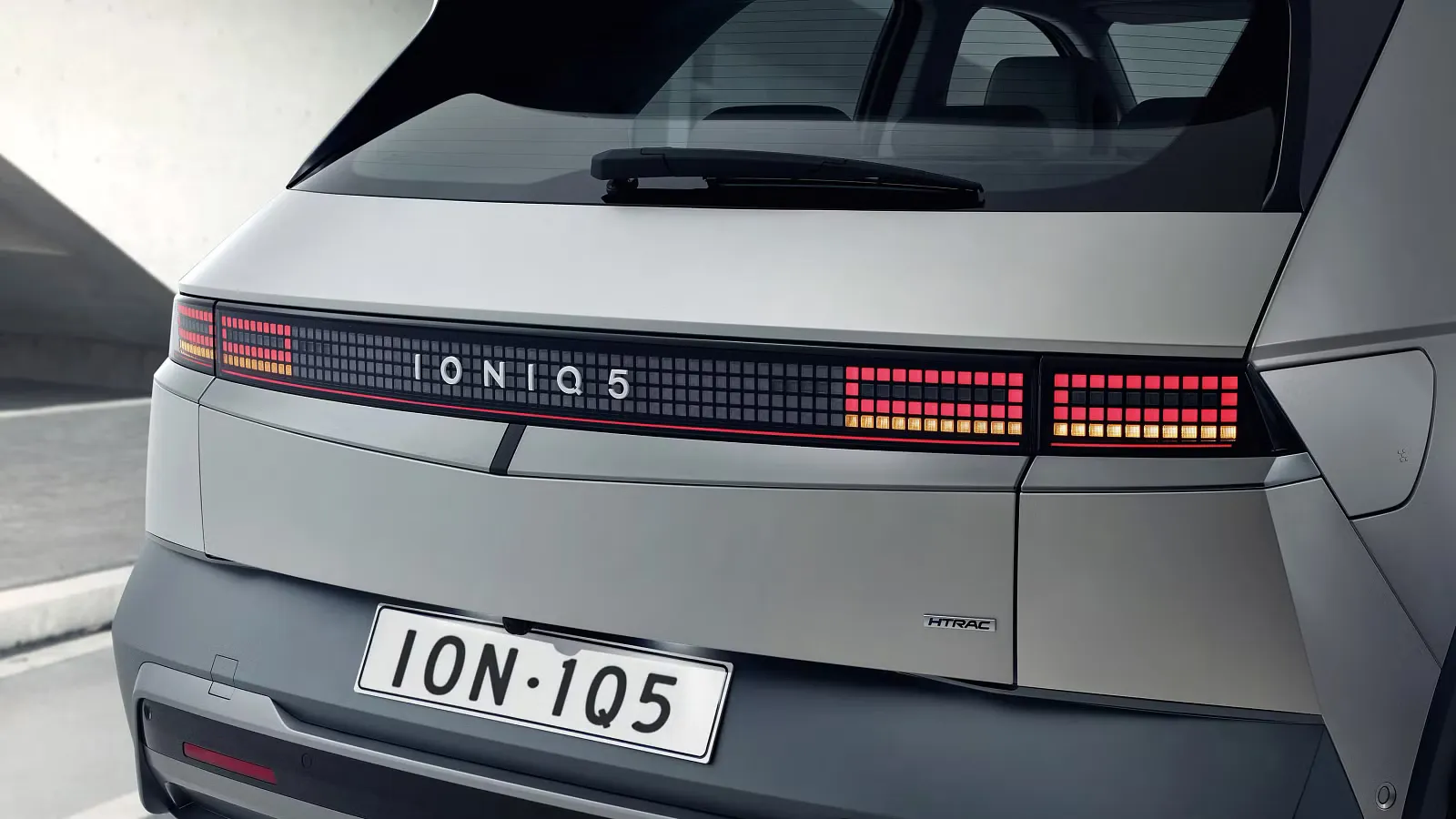
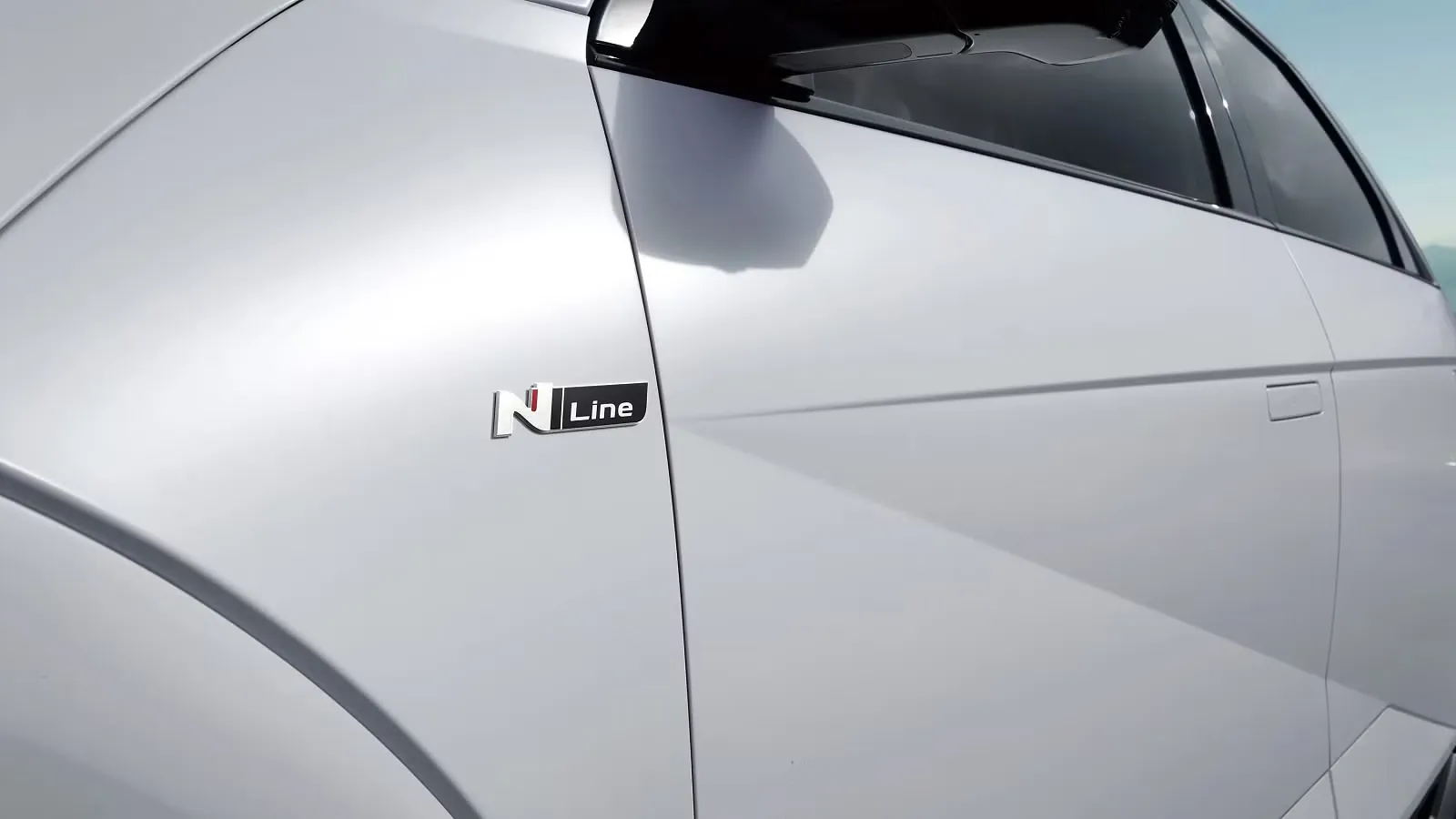
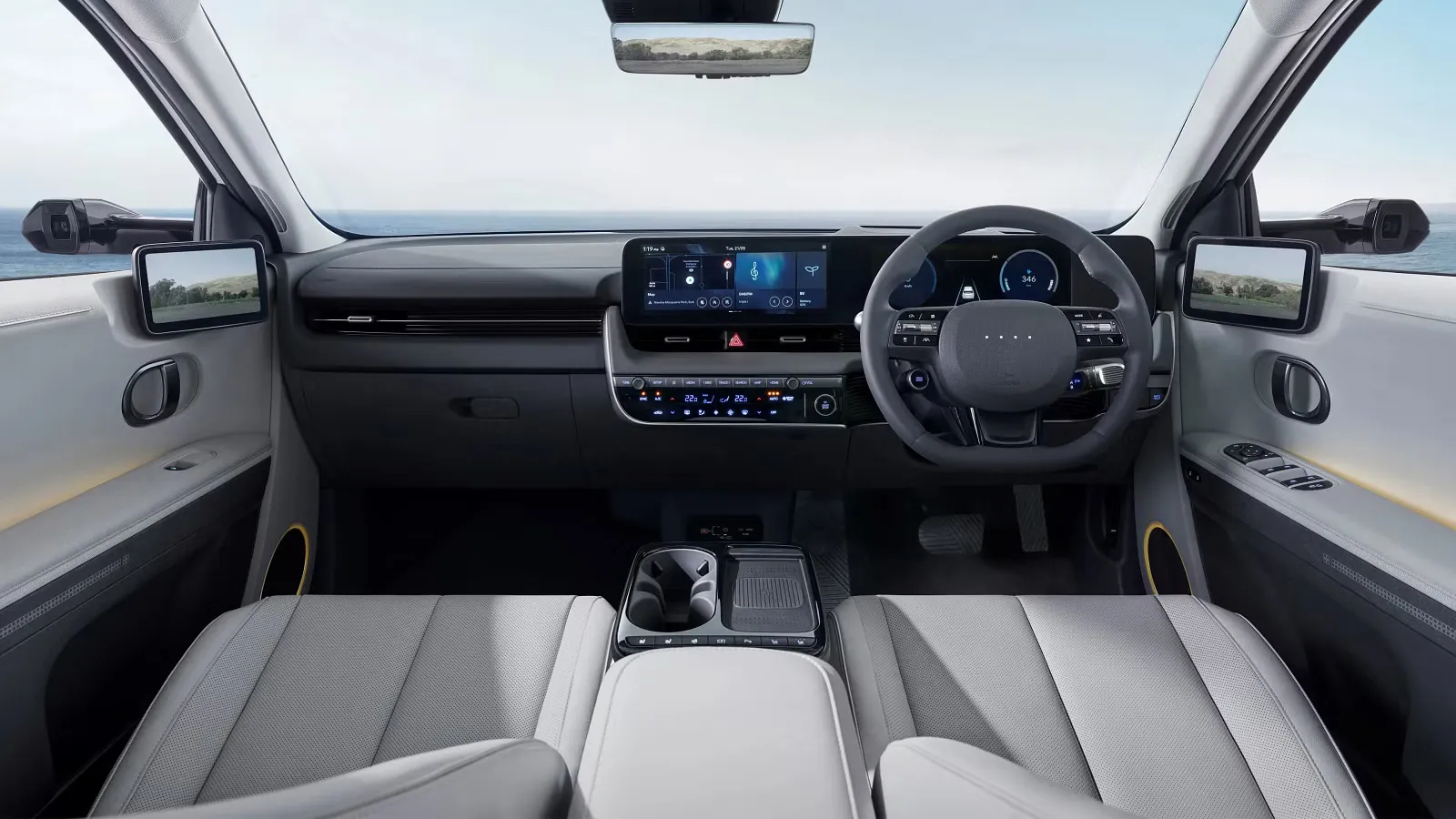
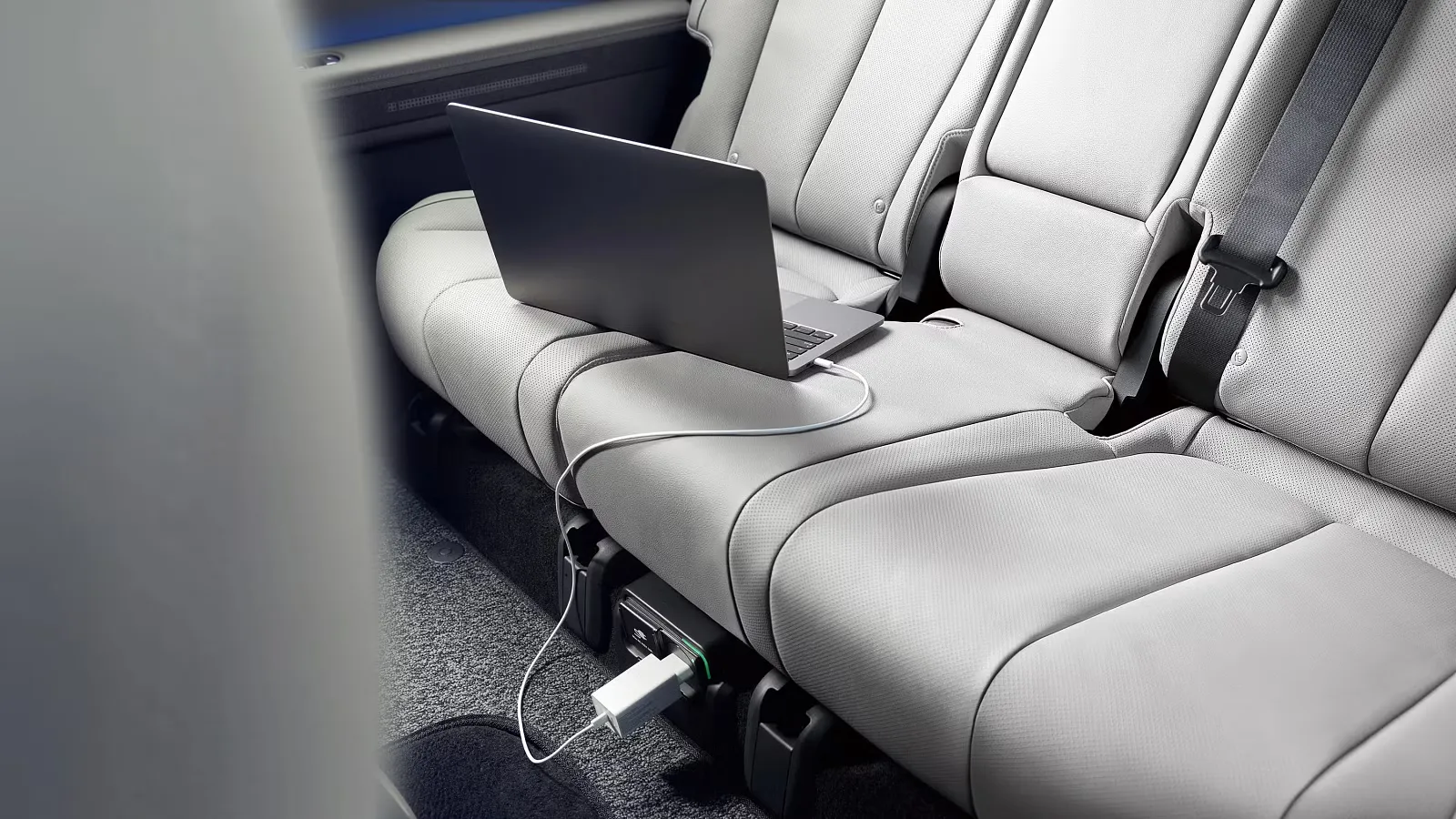
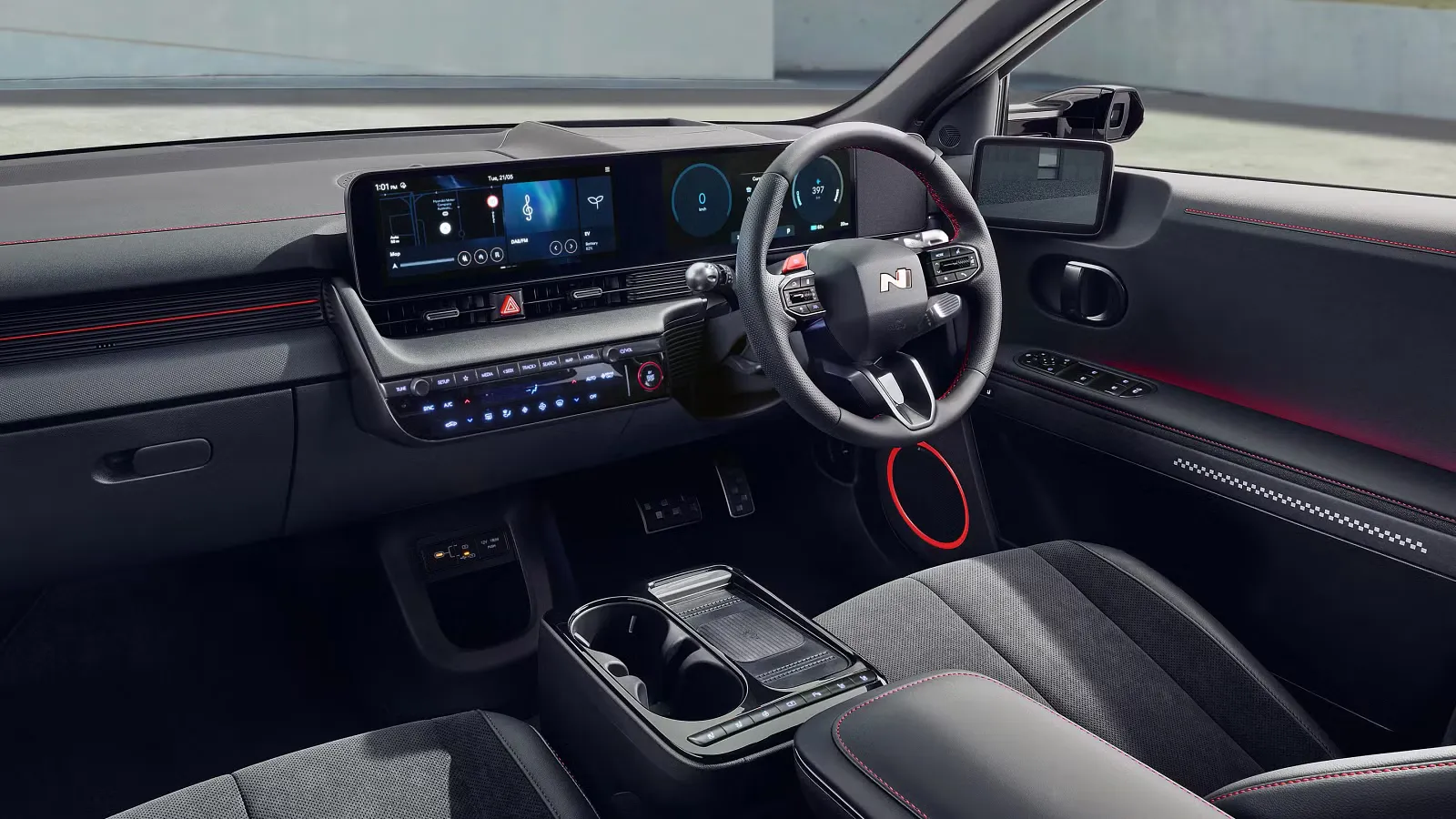
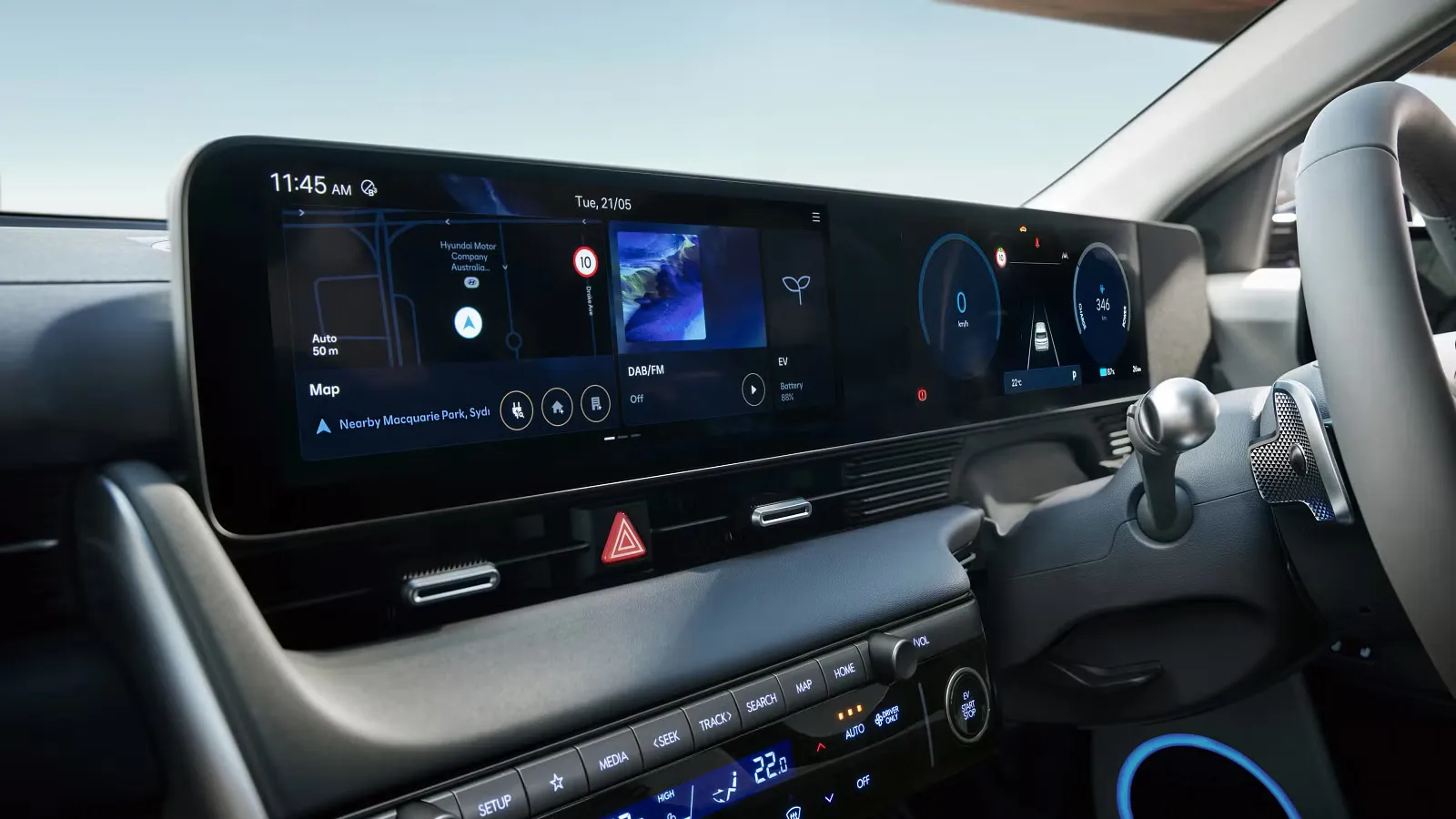
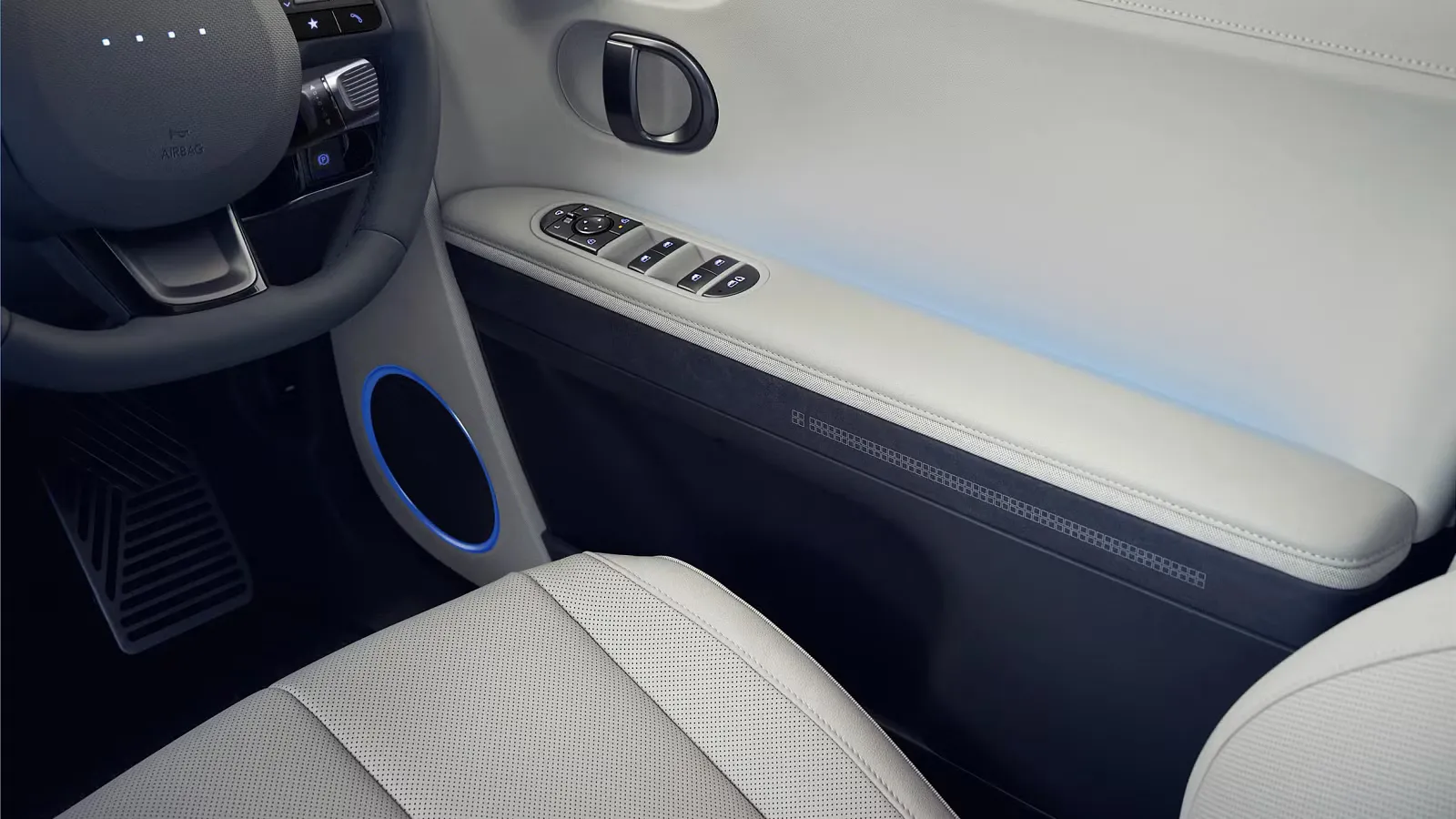

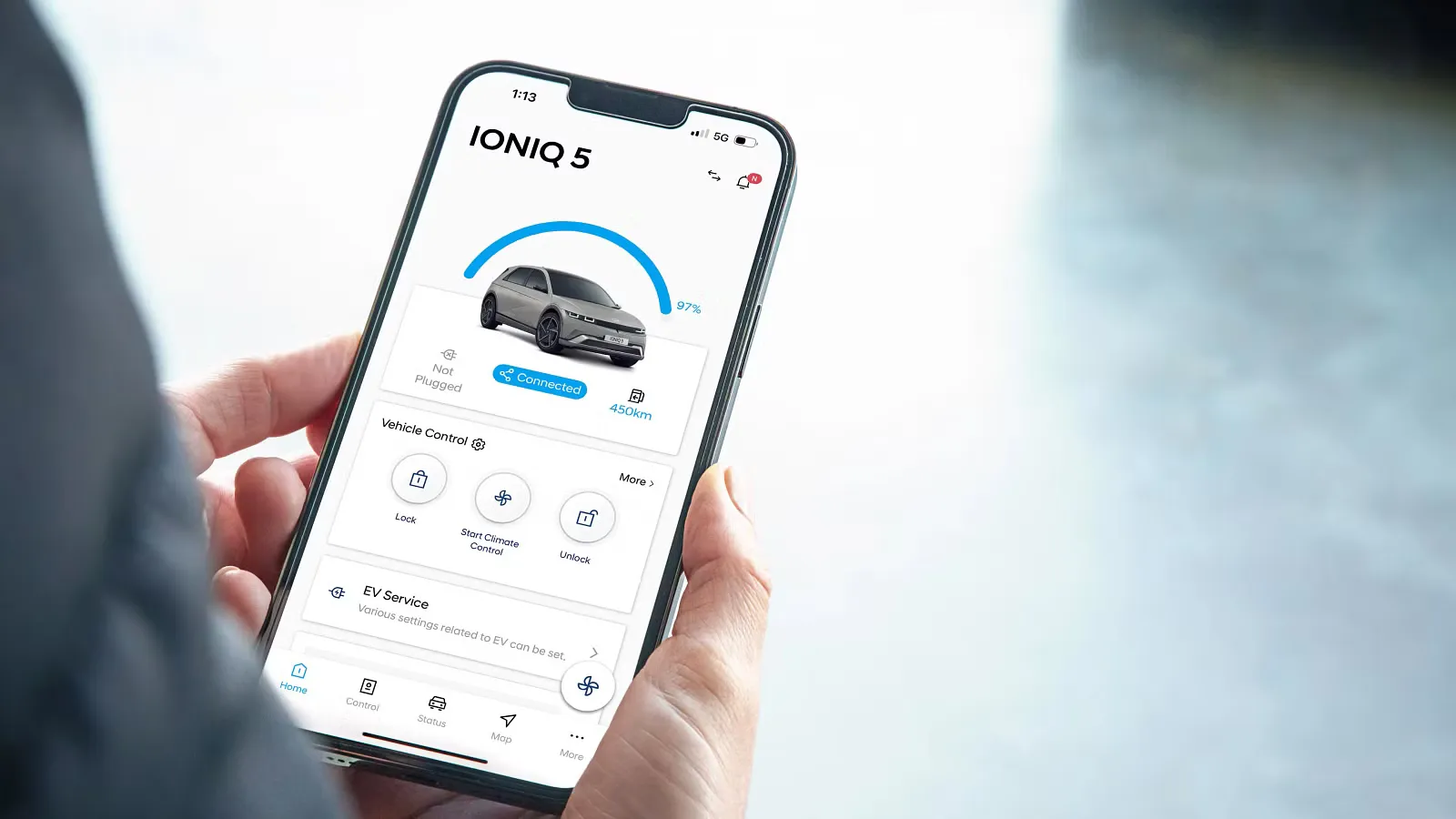


Author: Fabio Isidoro
Founder and editor-in-chief of Canal Carro, he dedicates himself to exploring the automotive universe with depth and passion. A car and technology enthusiast, he produces technical content and in-depth analyses of national and international vehicles, combining quality information with a critical eye for the public.

